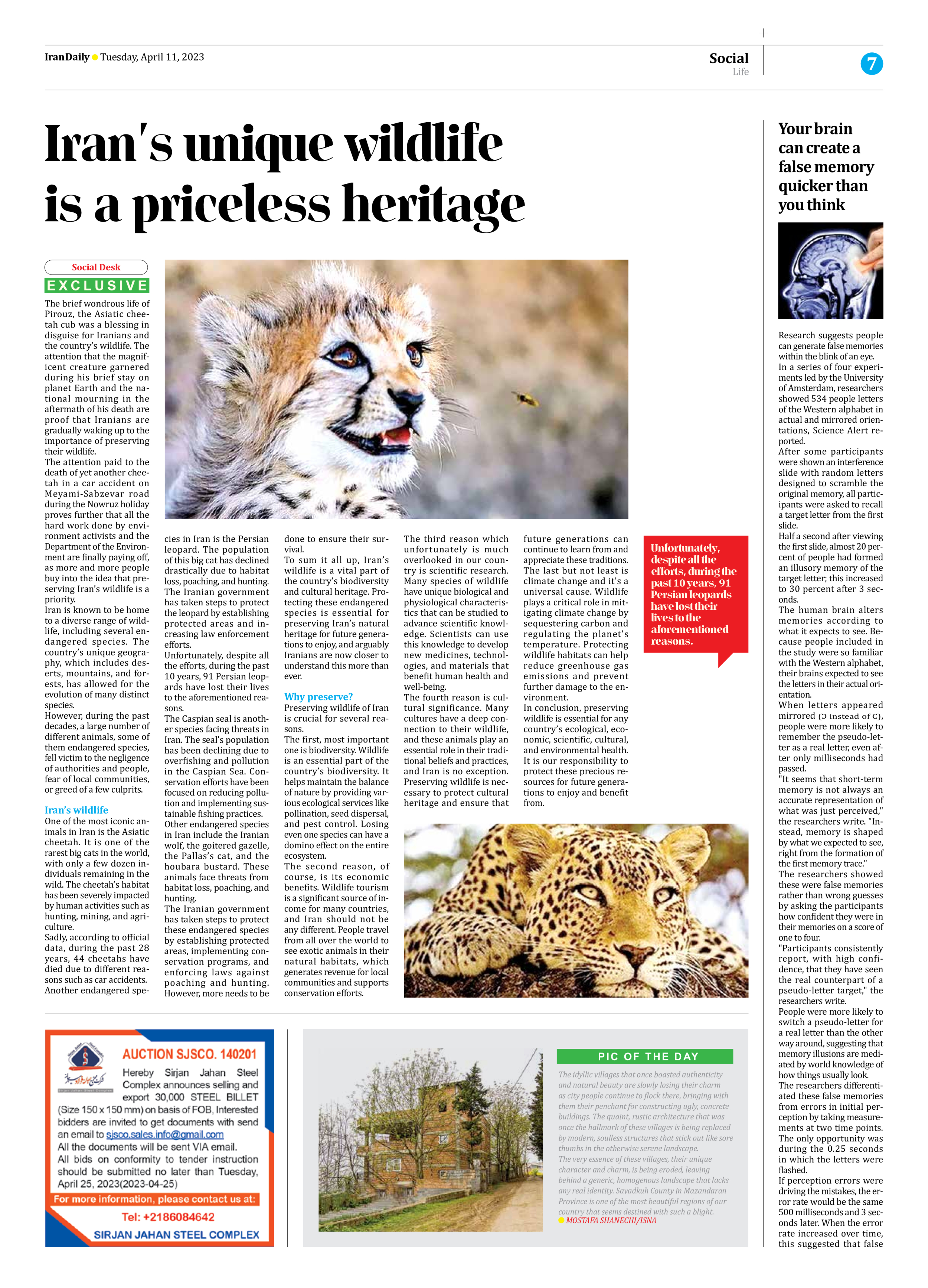
Your brain can create a false memory quicker than you think
Research suggests people can generate false memories within the blink of an eye.
In a series of four experiments led by the University of Amsterdam, researchers showed 534 people letters of the Western alphabet in actual and mirrored orientations, Science Alert reported.
After some participants were shown an interference slide with random letters designed to scramble the original memory, all participants were asked to recall a target letter from the first slide.
Half a second after viewing the first slide, almost 20 percent of people had formed an illusory memory of the target letter; this increased to 30 percent after 3 seconds.
The human brain alters memories according to what it expects to see. Because people included in the study were so familiar with the Western alphabet, their brains expected to see the letters in their actual orientation.
When letters appeared mirrored (Ɔ instead of C), people were more likely to remember the pseudo-letter as a real letter, even after only milliseconds had passed.
"It seems that short-term memory is not always an accurate representation of what was just perceived," the researchers write. "Instead, memory is shaped by what we expected to see, right from the formation of the first memory trace."
The researchers showed these were false memories rather than wrong guesses by asking the participants how confident they were in their memories on a score of one to four.
"Participants consistently report, with high confidence, that they have seen the real counterpart of a pseudo-letter target," the researchers write.
People were more likely to switch a pseudo-letter for a real letter than the other way around, suggesting that memory illusions are mediated by world knowledge of how things usually look.
The researchers differentiated these false memories from errors in initial perception by taking measurements at two time points. The only opportunity was during the 0.25 seconds in which the letters were flashed.
If perception errors were driving the mistakes, the error rate would be the same 500 milliseconds and 3 seconds later. When the error rate increased over time, this suggested that false memories were forming.







